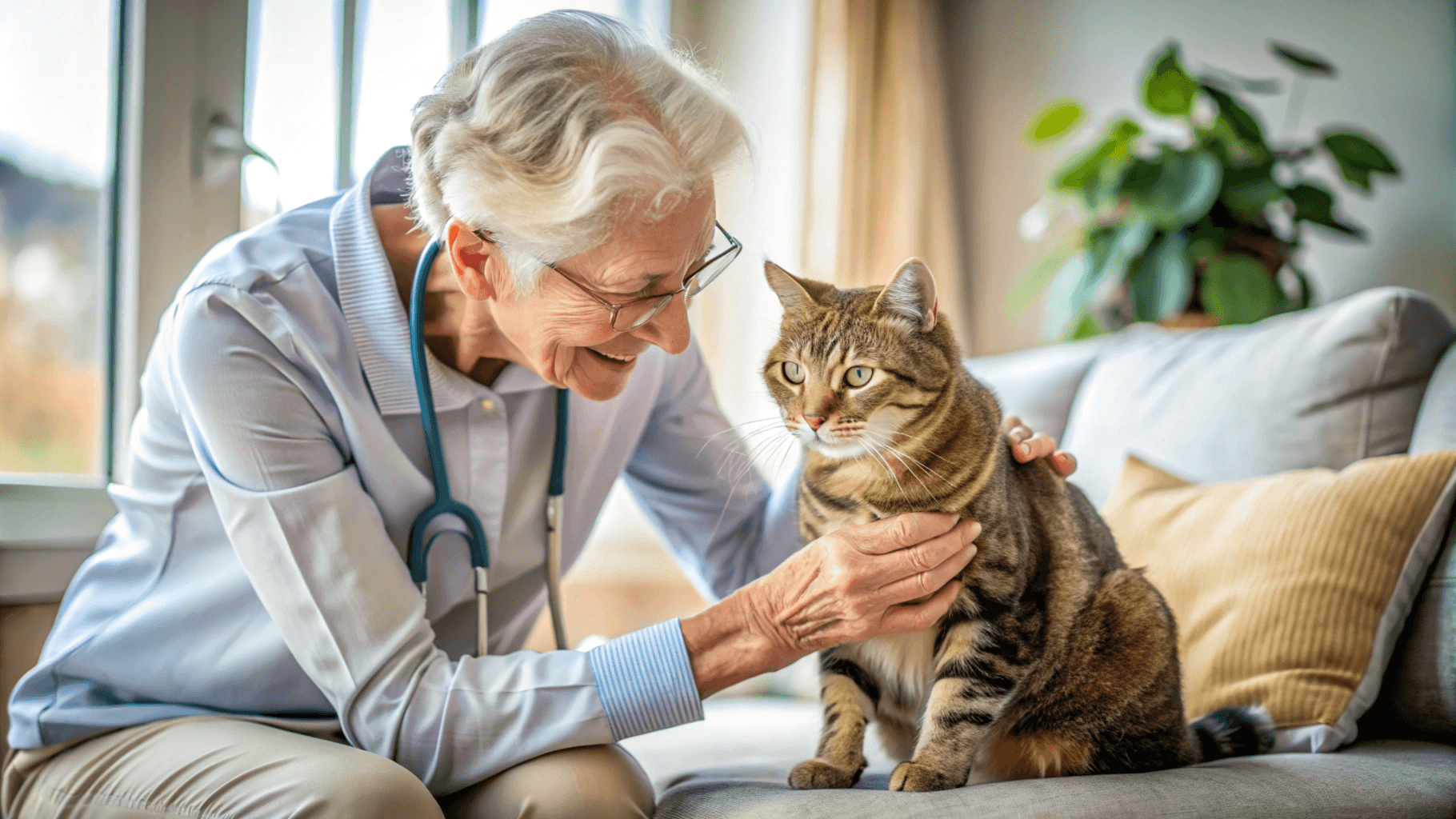Senior Cat Care: How to Manage Medical Needs at Home

As our feline companions age, they require a bit more attention and care, particularly when it comes to managing medical needs at home. Just like humans, senior cats experience changes in their health, behavior, and mobility. From arthritis to chronic illnesses, these changes can be overwhelming for both the cat and their caregivers. However, with the right knowledge and preparation, caring for your aging cat can be a rewarding experience that strengthens your bond.
One of the most important aspects of caring for a senior cat is understanding their medical conditions. Cats are masters at hiding discomfort, so it’s crucial to be vigilant and proactive. Regular vet visits are a must, but managing day-to-day care at home is equally important. Whether your cat is dealing with arthritis, kidney disease, or another chronic condition, there are ways to ensure they remain comfortable and happy.
When it comes to arthritis, for example, small adjustments in the home can make a world of difference. Soft bedding in easy-to-reach areas, ramps or stairs to help them access their favorite spots, and heated pads can all provide relief. I’ve seen firsthand how these simple changes can improve a cat’s quality of life. At Whisker Wellness, we often suggest that clients pay attention to their cat’s mobility, ensuring they aren’t struggling to climb or jump, which can be painful for an aging cat.
Medication management can also be a challenge. Some senior cats need daily or even multiple medications, and getting a cat to take a pill is no small feat! Patience and practice are key. I always recommend starting with something simple—like hiding the medication in their favorite treat or using a pill pocket. But, for more stubborn cats, you might need to administer medication directly, which requires a bit of technique. Don’t hesitate to ask your vet for tips or even a demonstration.
One thing that I emphasize to all my clients is the importance of creating a low-stress environment for your senior cat. Cats thrive on routine, and disruptions in their environment can cause stress, which might exacerbate any underlying medical conditions. Keeping their space calm and predictable is one of the best things you can do for them. Make sure they have a quiet area where they can retreat when they’re not feeling well, away from loud noises or other pets that might disturb them.
Another key aspect of senior cat care is hydration and diet. As cats age, some may develop kidney disease or other issues that require dietary changes. Always consult with your vet about the best diet for your cat’s specific health needs. Keeping them hydrated is equally important. If your senior cat isn’t drinking enough water, you might want to try a water fountain, as the movement of the water can entice them to drink more.
Caring for an aging cat also means being prepared for end-of-life care. It’s never easy to think about, but planning ahead can make this difficult time more manageable. Understanding when your cat is experiencing discomfort that can’t be managed is vital. No one knows your cat better than you do, and it’s okay to rely on your instincts. At Whisker Wellness, we help pet owners navigate this delicate phase with compassion and support, offering guidance on when it might be time to have a difficult conversation with your vet about your pet’s quality of life.
Finally, one of the most overlooked aspects of senior cat care is mental stimulation. Just because your cat is older doesn’t mean they don’t want to play or explore. Gentle play sessions, puzzle toys, and even a sunny spot by the window where they can watch the birds can provide enrichment and keep them engaged. Keeping their mind active is just as important as their physical health.
In conclusion, caring for a senior cat at home is a journey that requires patience, empathy, and preparation. By paying close attention to their medical needs, providing a low-stress environment, and maintaining regular communication with your vet, you can ensure that your cat’s golden years are filled with comfort and love. At Whisker Wellness, we’re here to support you every step of the way, providing compassionate care and expert advice to help you manage your cat’s health at home.
